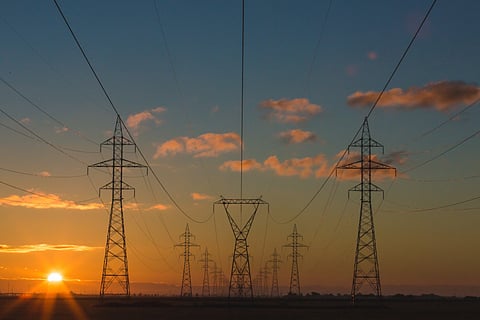

Electricity bills are set to get a little more expensive in Karnataka as the Electricity Regulatory Commission has announced a hike of 35 paise per unit for the financial year 2022-2023. This means that consumers may end up paying an additional amount of Rs 20 to Rs 35 based on their consumption. The commission said this hike is being effected to recover a revenue deficit of Rs 2,159.48 crores, which includes a Rs 1,700.49 crore deficit in financial year 2020-21, which is when the pandemic was at its peak in India.
The Commission has approved an increase in energy charges by 5 paise per unit and increase of Rs 10 to Rs 30 in fixed charges, which is the base price that consumers have to mandatorily pay. This, however, is not applicable for battery charging or swapping stations for electric vehicles, where the existing tariff will continue. The commission said that the Electricity Supply Companies (ESCOMs) had sought an average increase of 185 paise per unit, accounting for an 23.83% increase.
In the tariff order, the commission has allowed a rebate of 50 paise per unit in the monthly energy consumption of micro and small scale industries for a year. This is to help them overcome losses during the pandemic.
A rebate of Re 1 per unit has also been allowed for ice manufacturing units or cold storage plants used for fisheries purposes, which are located in the coastal belt of Karnataka.
The commission said that the sale of energy by ESCOMs in 2020-21 has drastically come down by 7228.65 MU, resulting in reduction in revenue by Rs 6,182.84 crores as compared to the approved figure. The power purchase cost in 2021-22 also increased by 31 paise per unit, due to the payment of fixed charges without drawing energy from thermal stations.
This deficit for 2020-21 alone accounts for increase in tariff by 27 paise per unit, the commission said, justifying the hike. “The remaining increase (8 paise per unit) is towards overall increase in the input costs towards power purchase, operation and maintenance, depreciation and borrowing costs etc, for 2022-23.